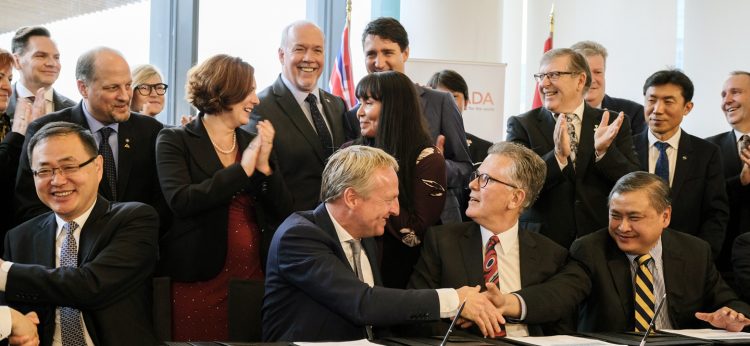
LNG Canada: Short-term politics trumps long-term climate responsibility
by Marc Lee | October 4, 2018
LNG Canada’s final investment decision to build a natural gas liquefaction facility in Kitimat is a triumph of short-term politics over long-term responsibility to act on climate change. Exaggerated numbers have been used to sell the project to the public, while risks have been downplayed. The politics of liquefied natural gas (LNG) have a certain logic …

Paved with good intentions: A guide to evolving climate policies in BC
by Marc Lee | September 12, 2018
The road to hell is paved with good intentions, an economics professor of mine used to say back in the late 1980s. Concerned about the federal government’s inability to reign in fiscal deficits, hell back then was hitting a “financial wall” where the markets would no longer lend or would only do so at catastrophically …
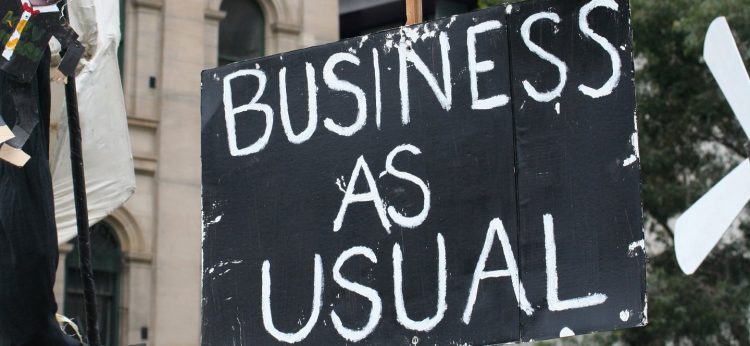
The problem with BC’s “clean growth” climate rhetoric
by Marc Lee | August 2, 2018
The BC government recently released three “intentions papers” on climate policy—transportation, buildings and industry—all wrapped in the term “clean growth.” In fact, the term “clean” appears more than 70 times in just the introduction to the exercise, Towards a Clean Growth Future in BC. Clean growth is not a commonly used term, nor is it …
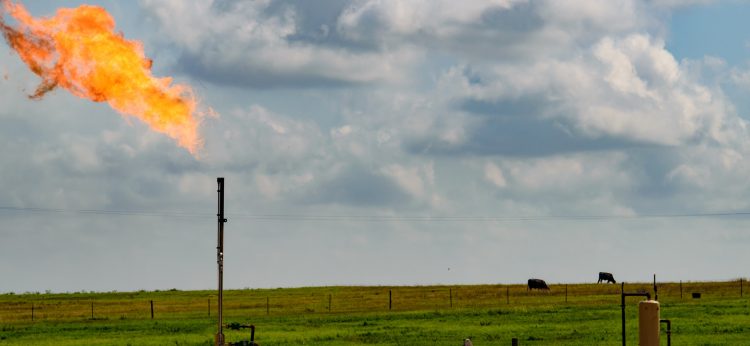
LNG is incompatible with BC’s climate obligations
by Marc Lee | July 11, 2018
Now that we are in a sunny lull between the end of flooding season and the start of fire season, it’s time we had a talk about fossil fuels and climate change in BC. The BC government deserves praise for standing up to Alberta and the federal government over the Trans Mountain Pipeline Expansion (TMX), …

Tax breaks and subsidies for BC LNG
by Marc Lee | July 5, 2018
At the height of LNG-mania in 2013/14, high prices in Asia fueled a gold rush mentality in BC—based on shipping cheap BC gas to Asia for mega-profits. But those high prices proved only temporary, and by 2015 the economic case for LNG (liquified natural gas) turned on its head. The subsequent Asian price for gas …

Gas gouging in Metro Vancouver: Blame Big Oil, not taxes
by Marc Lee | June 11, 2018
Everyone is talking about the high price of gas in Metro Vancouver, which hit a new record in May, topping $1.60 per litre. The story making the rounds is that taxes are to blame—in particular the April 1 increase in BC’s carbon tax. Some have seized on this moment to call for tax cuts to …

Kinder Morgan: Costs and benefits unbalanced, not in the national interest
by Marc Lee | April 23, 2018
The Alberta and federal governments claim that Kinder Morgan’s Trans Mountain Pipeline Expansion (TMX) is in the national interest due to its economic benefits. But a closer look at TMX’s full range of benefits and costs shows the project to be extremely lopsided in its distribution. First, the economic gains accrue almost entirely to Alberta …
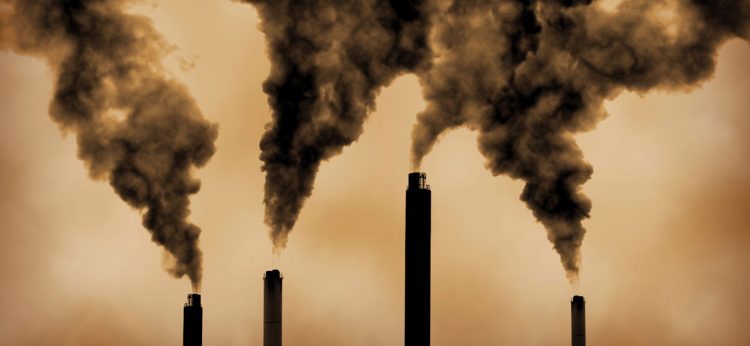
Western Canada needs real climate action, not disingenuous arguments
by Marc Lee | February 26, 2018
In Western Canada’s slow lurch towards sane climate and energy policy, two prominent arguments have been advanced for the continuation of business-as-usual for the fossil fuel industry in BC and Alberta. Both are interesting because they invoke the need for climate action to justify the further growth of fossil fuel production. The first argument comes …
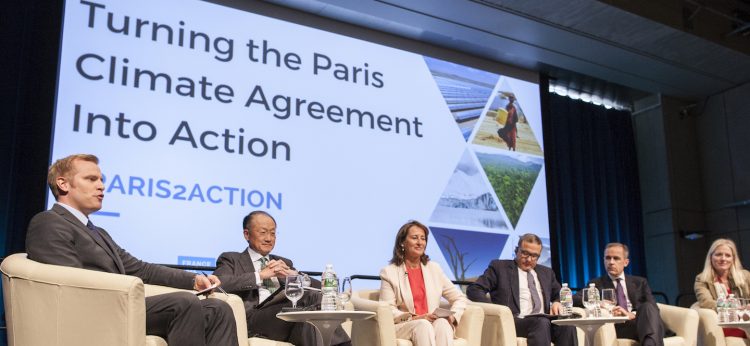
Canada is still a rogue state on climate change
by Marc Lee | December 11, 2017
It has now been two years since world leaders created the Paris Agreement on Climate Change. At those meetings, the Canadian delegation joined a broad coalition aiming to keep “the increase in the global average temperature to well below 2°C above pre-industrial levels and to pursue efforts to limit the temperature increase to 1.5°C above …

Australia’s LNG catastrophe: Why Petronas’ LNG cancellation is a blessing for BC
by Marc Lee | August 1, 2017
British Columbians should not be lamenting Petronas’ decision to pull its Pacific Northwest Liquified Natural Gas (LNG) proposal. Instead, they should be celebrating the demise of a project built on bad economics, climate change denial and wishful thinking. A few pundits have told the Petronas story as a tragedy. Some are blaming the brand new …
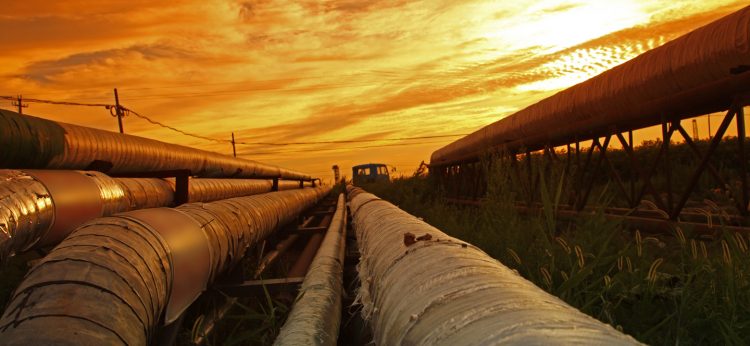
Greenhouse gas emissions and the Energy East Pipeline
by Marc Lee | May 24, 2017
I submitted the following to the National Energy Board, which is seeking comments on what should be included as part of the upcoming hearings on the proposed Energy East Pipeline. In particular, they are interested in arguments about the inclusion of greenhouse gas emissions. The deadline for submissions is May 31 if you are inclined …
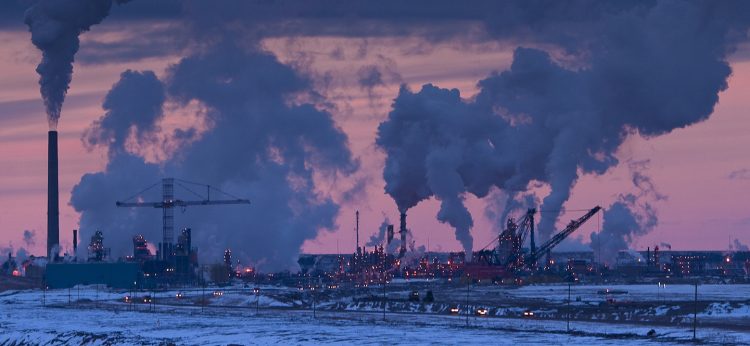
Extracted Carbon: Re-examining Canada’s contribution to climate change through fossil fuel exports
by Marc Lee | January 25, 2017
This study re-examines Canada’s contribution to global climate change in light of the Paris Agreement by looking at extracted carbon—the total amount of fossil fuels removed from Canadian soil that ends up in the atmosphere—whether used for domestic purposes or exported and combusted elsewhere. According to the study, Canada’s extracted carbon has risen dramatically, almost …











